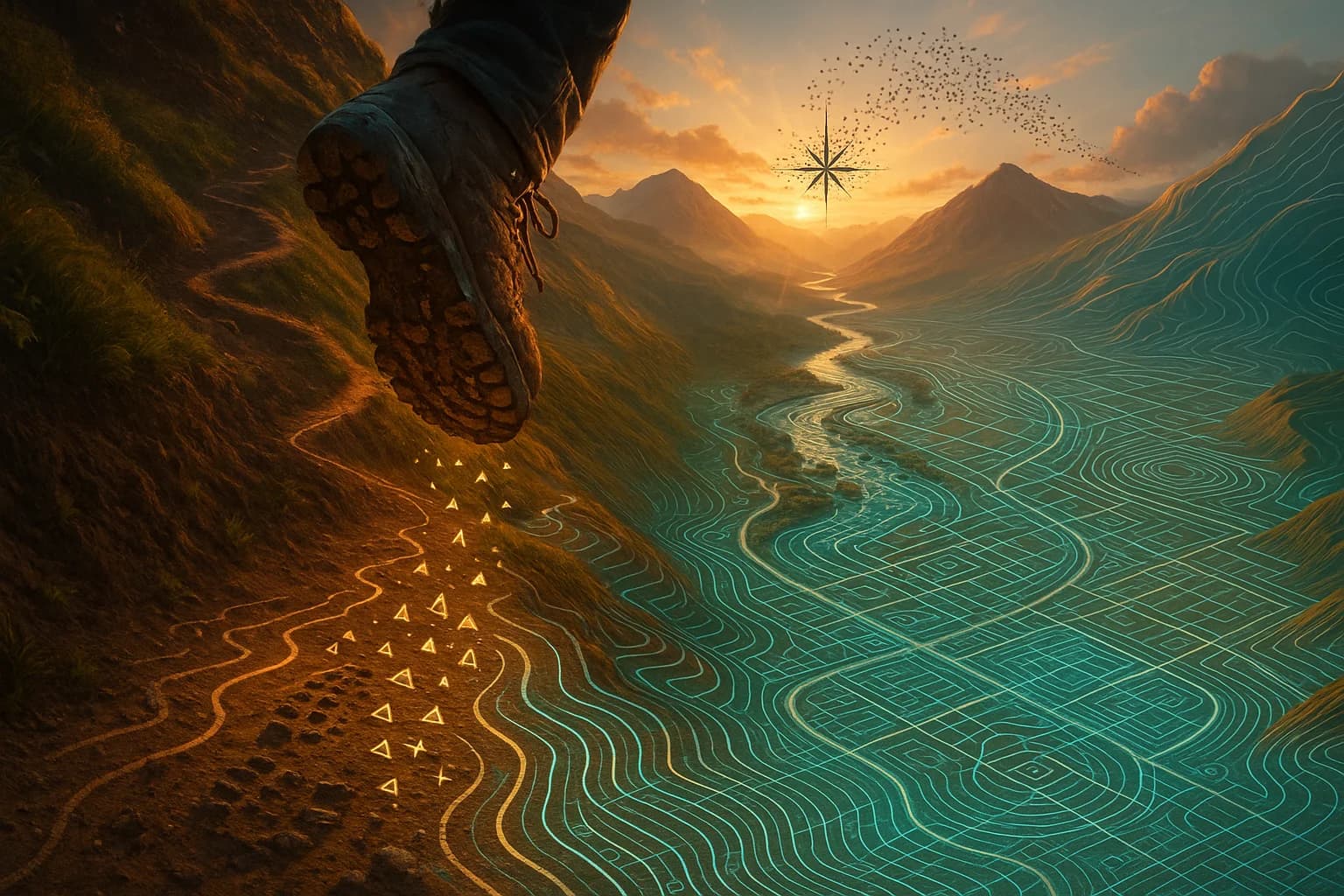Kenzaburō Ōe
Kenzaburō Ōe (1935-2023) was a Japanese novelist and essayist awarded the 1994 Nobel Prize in Literature for works that combine personal, political, and social themes. His writing often addressed postwar Japan, family life, and human dignity; the quoted line reflects his focus on agency and shifting perspectives.
Quotes by Kenzaburō Ōe
Quotes: 3

Tiny Brave Acts and the Landscapes They Shape
Ultimately, Ōe’s image carries a quiet challenge: we are always contributing to some landscape, whether of courage or of avoidance. Each moment when we choose to act bravely, however slightly, becomes another brushstroke in a wider picture others will one day inhabit. By consciously “collecting” these acts—remembering them, honoring them in others, and adding our own—we participate in shaping a world where bravery is not an exception on the horizon but the everyday ground under our feet. [...]
Created on: 12/6/2025

Moving Through a World That Rewrites Itself
Urban designers see the same lesson etched in grass. So-called desire paths—the dirt traces where people actually walk—often outperform planners’ intended sidewalks. Jeff Speck’s *Walkable City* (2012) highlights how several campuses delay paving until these informal lines appear, then formalize them, letting movement instruct the map. Thus, public space becomes a negotiated text: usage proposes, design disposes, and over time a city’s official arteries conform to citizens’ feet. Planning that listens to desire paths honors Ōe’s insight—maps should not merely anticipate movement; they should be teachable by it. [...]
Created on: 8/10/2025

Every Misstep Becomes the Next Landmark
At the outset, Oe’s line invites us to see mistakes not as dead ends but as pivots—corners where the path bends and a new horizon appears. A map grows by tracing boundaries, naming contours, and marking unexpected turns; likewise, a life expands when each misstep is drafted into its geometry. The “corner” is not a retreat but a redirection, a place where perspective changes and routes multiply. In this sense, the map is never finished. Each wrong turn captures information we could not have gathered from a straight road. By converting error into topography—notes, sketches, procedures—we transform raw experience into guidance. The result is not a flawless itinerary but a living chart that makes the next decision more navigable. [...]
Created on: 8/10/2025